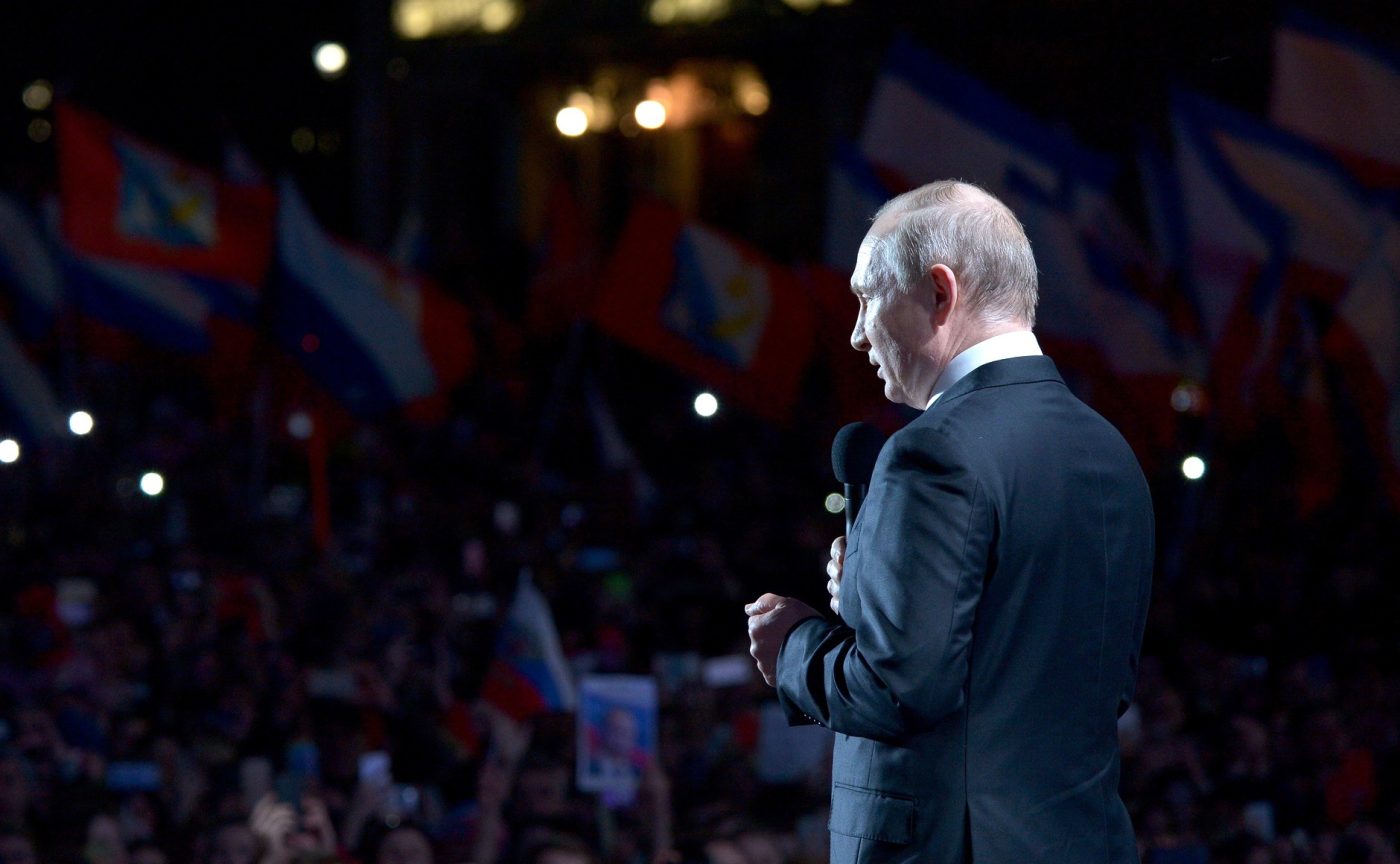A journalist in Moscow and a governor in Russia’s Far East are the most high-profile victims of what appears to be a fresh and intensifying round of repression by Vladimir Putin’s regime. They also highlight cracks and fears that are starting to appear in the Kremlin monolith amid the covid-19 pandemic and in the aftermath of a July 1 plebiscite to keep Putin in power through 2036.
Ivan Safronov, a highly respected journalist known for his investigative reporting on defense matters, was arrested last week and indicted for treason. Also arrested last week was Sergei Furgal, the governor of Khabarovsk Krai who defeated a Kremlin-backed candidate in 2018. He was charged with involvement in an unspecified series of killings in 2004-5.
The two arrests were the most visible but not the only signs of a new wave of post-referendum repression. In the same week, a military court in Pskov convicted journalist Svetlana Prokopyeva of “justifying terrorism” for an article about a suicide bombing; police in Moscow detained political activist Pyotr Verzilov after he left an interview with Ekho Moskvy radio and charged him with illegally holding a Canadian passport.
In a commentary for Republic.ru, political analyst Mikhail Shevchuk suggested that in the aftermath of this month’s referendum, which in effect allows Putin to remain president for life, the Kremlin no longer even goes through the motions of pretending to preside over a law-based state.
“The state is poking people in the eye and saying — look at what is happening in the country. Your opposition leaders are traitors with dual citizenship. Your independent journalists, with their fine reputations, are NATO spies. Your governors are bandits,” Shevchuk wrote. “Will you continue to insist that free elections and independent journalism are needed?”
Likewise, Vladimir Gelman, a professor at the European University at St. Petersburg and the University of Helsinki, notes that in the aftermath of the (highly suspect) referendum result the Putin regime is wasting no time in cementing its new mandate, exhibiting “a clear desire to simultaneously punish some opponents and intimidate others amid growing public discontent.” In the Moscow Times, political commentator Ilya Klishin wrote that many in the opposition are drawing analogies with 1937, the year that marked the height of Josef Stalin’s great terror. “This might not be a ‘new ’37,’ but it is devilishly disturbing, whatever it is,” Klishin wrote.
The developments are scary, he continued, “Not for what might happen, but for what has already happened.” With Russia’s borders closed due to the pandemic, there is nowhere to flee to and the searches and detentions keep coming. “First it happens to a friend of a friend. Then a close friend. Who’s next? Those with the courage to protest don’t make it home again but wind up in police custody.”
Yet protests continue. More than 60,000 people took to the streets in Khabarovsk to protest Furgal’s arrest, chanting “Down with Putin!” and “Shame on Moscow!” Veteran Russian-watcher Paul Goble noted that Furgal was “enormously popular for his modest approach” and the protesters “clearly resented Moscow’s intervention.”
Other protesters hung a banner reading “Free Safronov” near Moscow’s Lefortovo prison where the journalist is being held. Some 18 journalists were detained for protesting outside the prison. In a video posted on Facebook and Twitter, Kremlin pool reporters representing both state-run and independent media defended Safronov and cast doubt on the treason charges. Local elections in the fall will provide further opportunity for those wishing to challenge the Kremlin’s right to rule.
The opposition is afraid — but so is the regime.




